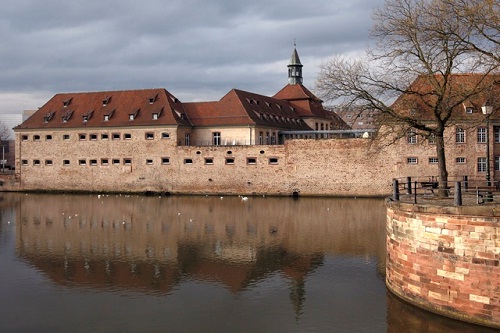
From François Picard, France 24: “Tell us about the history of Canada…” This curveball question thrown to a startled French student applying to France’s prestigious Sciences Po university is just one example of the so-called ‘instruments of pedagogical torture’ described in Peter Gumbel’s new book “France’s Got Talent: the Woeful Consequences of French Elitism”.
Selection-by-elimination is at the heart of a French education system put in place by Napoleon in the early 19th century, and that begins as early as secondary school, in a country where 95 percent of college students go to second-tier public universities and where the dropout rate can be as high as 85 percent (for first year medical students, for example). . . .
Then there are the happy few, the 5 percent who attend the Grandes écoles like Sciences Po. These include the national administration school, ENA, and the Ecole Polytechnique, which together produce a mere 0.057 percent of French graduates but nonetheless make up more than 60 percent of President François Hollande’s staff.
Hollande attended not one but three Grandes écoles: Sciences-Po, ENA, and the business school HEC. His predecessor, on the other hand, got a lowly law degree from a public university, which prompted one critic, quoted in Gumbel’s book, to snipe “Sarkozy doesn’t know how to talk to the state. . . .”
Gumbel, a senior writer at Time magazine, offers an insider’s look at France’s elite-making machinery from his time teaching journalism at Sciences Po and a stint as its head of communications. . . .
To think outside the box, France’s high-level civil service needs to open up. So do French boardrooms. At the moment a staggering 84 percent of the leaders of the top 40 companies in France hail from just three places – HEC, ENA, and Polytechnique. (photo: Vincent Kessler/Reuters)
Image: reuters%205%2021%2013%20ENA%20school_1.jpg
